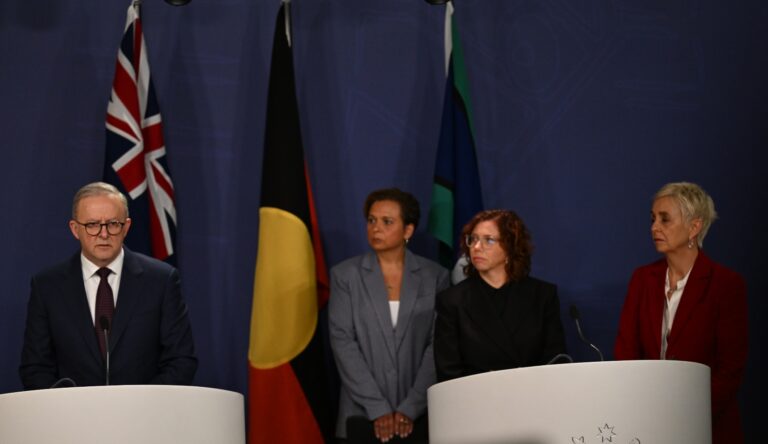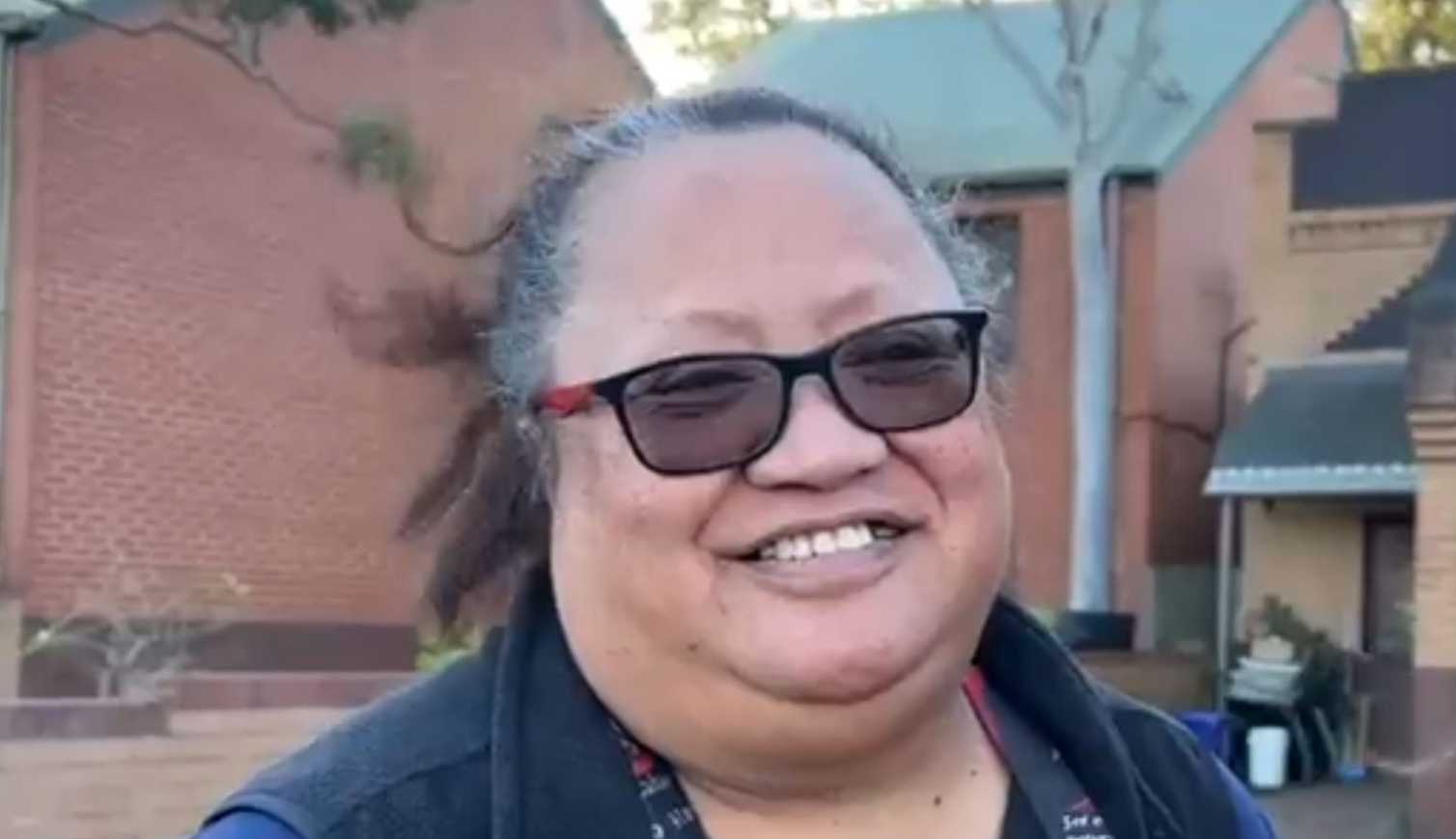
Premier palliates pork barrelling

By ALLISON HORE
NSW premier Gladys Berejiklian has admitted tens of millions of dollars in council grants were distributed in a way which was beneficial to the Liberal party, but said she saw no issue with the process.
The Stronger Communities fund was originally established to help merged councils with infrastructure needs after controversial council amalgamations. However, after a series of successful legal challenges to amalgamation the money was repurposed as a general fund for local government projects.
The grants scheme has been subject to an ongoing inquiry after questions were raised as to the process by which over $252m in grants to councils were allocated in the 9 months leading up to the last state election.
The majority of councils which received funding through the scheme were in Liberal party control, including the Hornsby Council, which did not go through the amalgamation process. The Hornsby council was not asked to submit a grant application until after they had already been approved for one one. The council’s Mayor, Philip Ruddock, is president of the NSW Liberal Party.
The Greens say more than 95 percent of grants went to councils in seats under coalition control. Many non-coalition mayors claim they were not made aware the grants were available, not told how to apply and not informed of the selection criteria.
In a press conference on Thursday Ms. Berejiklian conceded the distribution of the grants amounted to “pork barrelling” but she denied it was something to be concerned about and was “not unique” to her government.
“It’s not something the community likes, but it’s an accusation I will wear,” she said.
“It’s not an illegal practice. Unfortunately it does happen from time to time by every government.”
Pork barrelling is a process by which the government spends money on projects specifically to please voters or legislators and win votes.
Documents destroyed
However, non-liberal parliamentarians were not reassured by the Premier’s insistence there was nothing to see here.
Greens MLP David Shoebridge, who is chair of the inquiry into the grants, fired back at the admission saying “the people of NSW expect public money to be spent according to need, not to make sure the Premier and her party get re-elected.”
“This is public money, meant to be spent where it was most needed, not where it is most politically advantageous for the Coalition government,” he said.
“This is an extraordinary admission from the Premier which shows the level of arrogance and contempt for the people of NSW at the heart of the Coalition government.”
The NSW Government came under further scrutiny when it was revealed crucial documents relating to the grants scheme were systemically shredded or deleted. Senior policy advisor Sarah Lau said at a parliamentary inquiry the documents were destroyed as part of the usual document management process. State Archives are assessing whether the destruction of documents was lawful, meanwhile the Information Commissioner has launched an inquiry.
Fortunately for critics, and unfortunately for the Berejiklian government, the information wasn’t lost to the ether. Through a forensic document recovery process the information was able to be retrieved from the Premier’s IT systems.
Labor and the Greens claim these documents prove Ms. Berejiklian was directly involved in approving the grants despite her denial. One unsigned and undated document, prepared by Ms. Lau for the Premier, listed seven projects in coalition seats all recommended by coalition MPs. The document included space for the Premier to add her comments.
But Ms. Berejiklian continues to deny her involvement in the approvals process and says the Office of Local Government was responsible for signing off on the grants.
“I was consulted and I was provided advice, so were other ministers. But the Office of Local Government was responsible for getting the dollars to councils,” Berejiklian said.
For local governments which missed out on the grants, the Premier’s dismissive attitude towards the concerns about approvals has hit on a sore spot.
Councils miss out
In October, the Inner West and Canterbury-Bankstown councils sought help from barrister Bret Walker for legal advice on filing a class action on behalf of all councils they say were “improperly prevented” from applying for grants. Inner West Council mayor, Darcy Byrne, claims his council was not even made aware of the grants.
Mr. Byrne says the Inner West council would have been entitled to $20 million if the funds had been allocated on a per capita basis to amalgamated councils. He claimed the council has been “cheated” out of its fair share of the cash, which would have gone towards the construction of a new local library.
“Communities right across the state have missed out on vital money for local infrastructure simply because they were not in areas held by members of the NSW Government,” he said.
Now, the Inner West council has asked the secretary of the Department of Premier and Cabinet for an “independent forensic review” of the department’s records to find all documents relevant to the process by which funds were approved by the Premier.
“The release today by the Premier of some of the documents through which she approved $141 million in grants through the Government’s disgraced Stronger Communities program, demonstrate that she has lied to the people of NSW about her role in creating and administering the slush fund,” said Mr. Byrne.
“It’s absolutely outrageous that the NSW Office of Local Government has been converted into a clearing house for a secret Berejiklian Government slush fund.”
The inquiry into the community grants scheme is ongoing.









